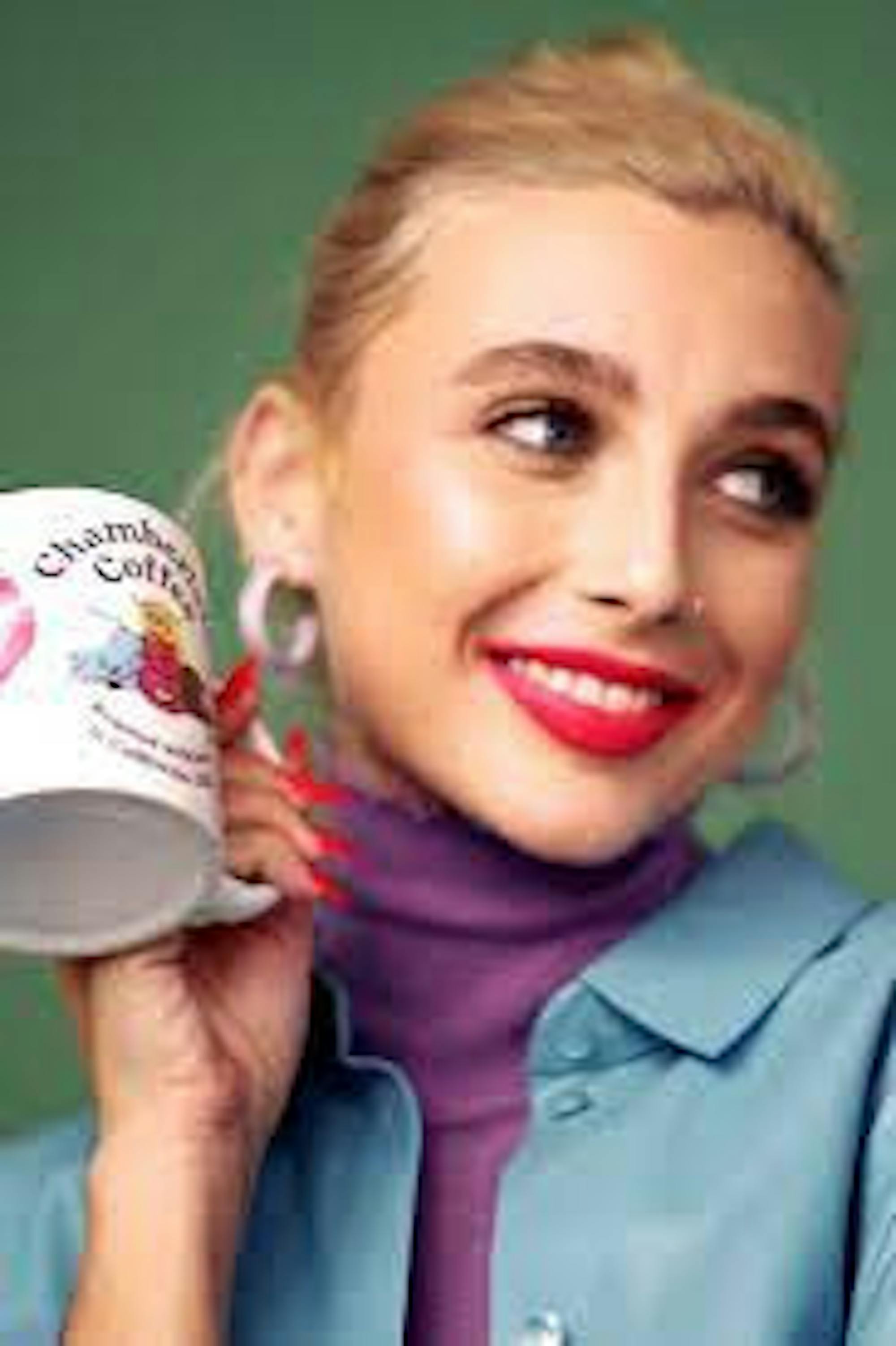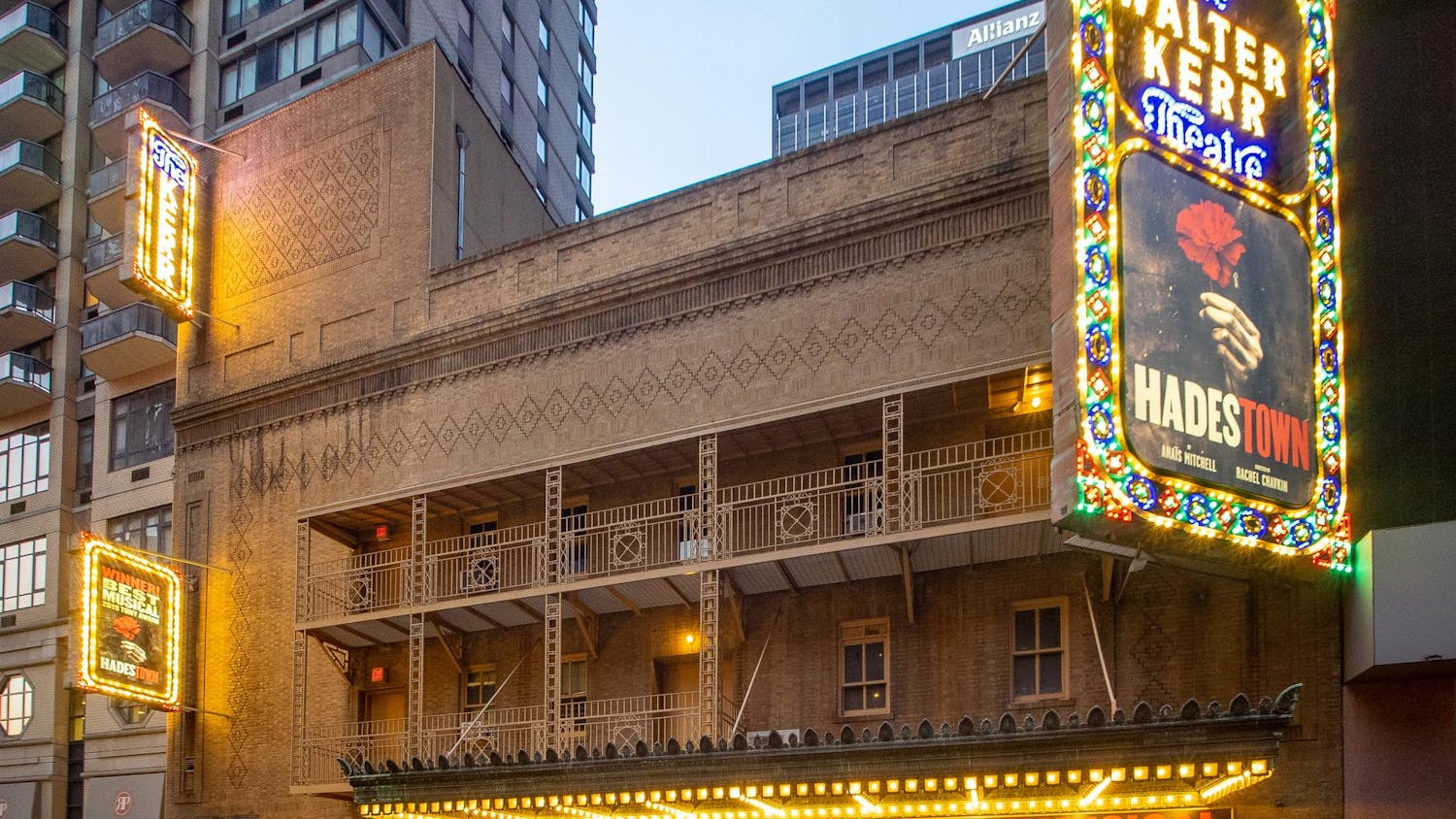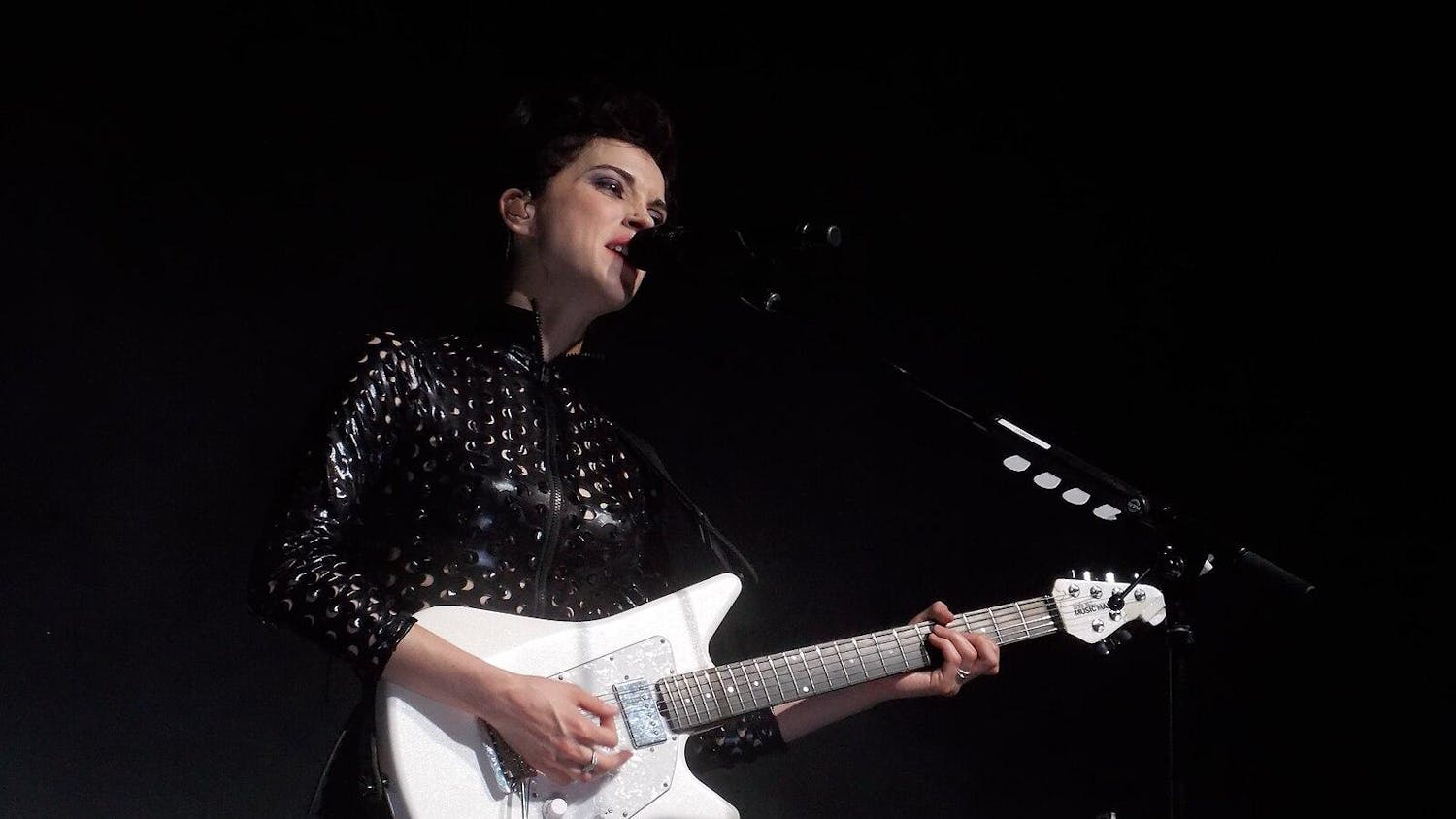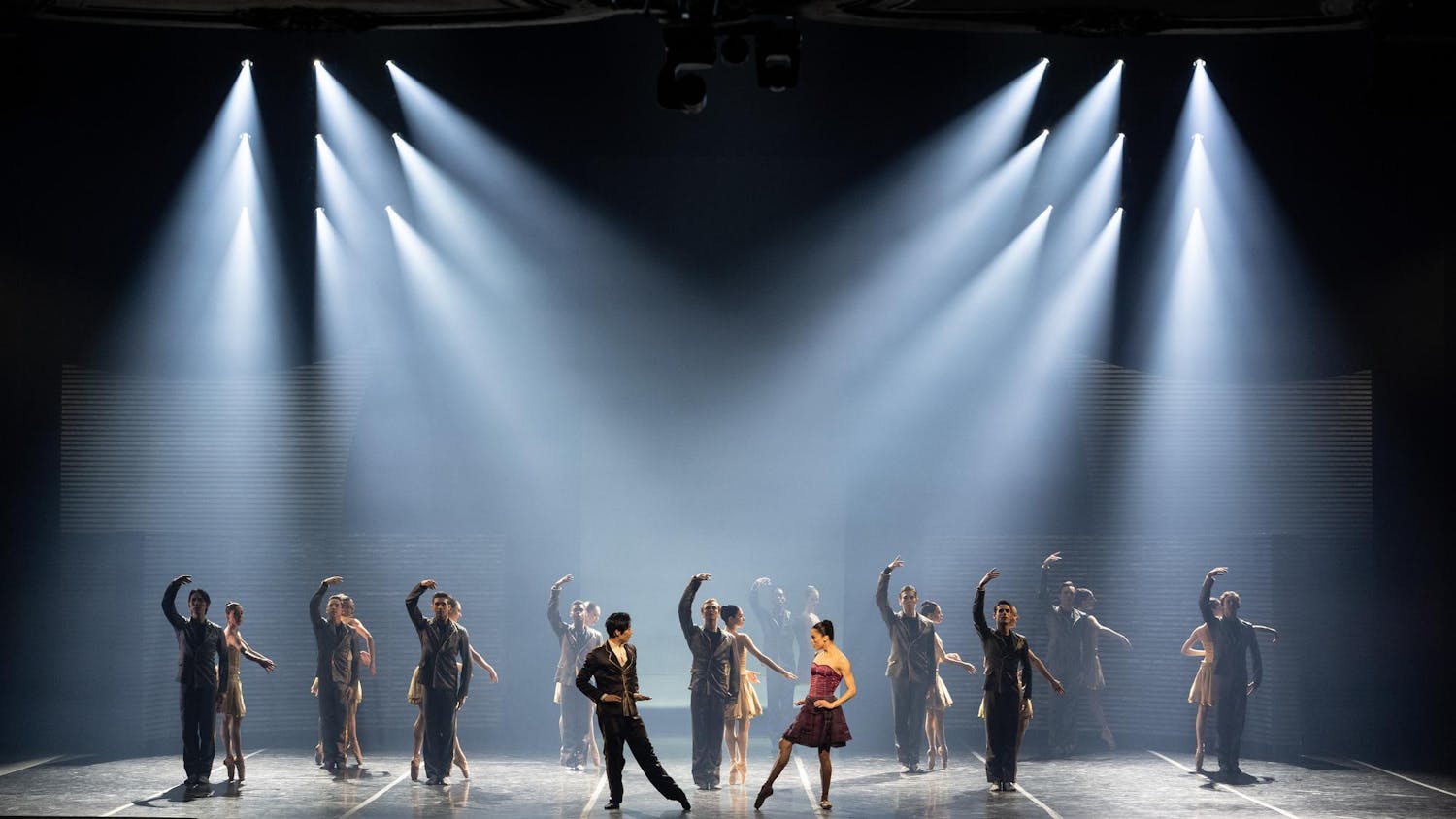Celebrities have always been used as marketing tools for companies. From Jennifer Garner splashing water on her face for a Neutrogena commercial to Shawn Mendes’ steamy photoshoot for a Calvin Klein campaign, celebrities grab our attention and draw much-desired eyes to a certain brand. In recent years, rather than using their publicity for another company, some celebrities and influencers have opted to create their own brands.
When it comes to celebrity brands, there can be many pros and cons. One of the obvious pros is that they can do much of the marketing themselves, and their brand will already have recognition just from being associated with their name. However, name recognition can only get you so far. If the brand itself lacks quality, it will be destined for failure. In looking at popular celebrity brands today, there are a few common factors that make them successful: individuality and purpose.
Emma Chamberlain, founder of Chamberlain Coffee, did not start the company on the best foot. The branding was bleak, with a bland color palette and a lack of creativity. Though the coffee was great, nothing set it apart until Chamberlain rebranded in September 2020. With bright colors, aesthetic graphics and fun names for her blends like “Social Dog” and “Careless Cat,” Chamberlain hit the jackpot. The brand has grown to over a dozen blends with the classics available in single-serve bags you can steep like tea along with a vast variety of accessories including reusable straws, tote bags, Mason jars and even a milk frother.
What makes Chamberlain Coffee unique is both the product itself and Chamberlain’s connection to it. Anyone who knows Chamberlain from her YouTube videos and social media pages knows she considers herself to be a coffee connoisseur. She has a passion for coffee and that passion translates to her brand. Coffee is also one of the relatively sparser markets for celebrity hawking, unlike the more overcrowded fields like tequila and skin care.
Blake Lively is another celebrity who channeled her personal love for a beverage into a company. Lively is famously married to Ryan Reynolds, the co-owner of Aviation Gin. With her husband being a notorious gin lover, it might come as a surprise that Lively does not drink. Lively frequently helped her husband make drinks and realized that mixers are “the unsung heroes of the drink world,” which led to Betty Buzz.
Betty Buzz sells nonalcoholic, low-calorie mixers that are intended to be used for making cocktails, though they can be consumed on their own. With no artificial colors or sweeteners and clean ingredients, Betty Buzz is a product that appeals to an audience few celebrities tend to cater to, as many celebrities — Dwayne Johnson, Michael Jordan, Bruno Mars, Rita Ora and more — tend to go down the route of starting their own alcohol brand.
Celebrity brands can be fun and can even have great products, but it is rare that a brand can become revolutionary. Well, unless you’re Rihanna. With Fenty Beauty, Rihanna changed the beauty industry in a multitude of ways. Fenty prides itself on being inclusive, creating products for all people but with a specific focus on those whose skin tone and skin types have been underrepresented in the beauty world. With an emphasis on inclusivity in both the products and ad campaigns, Fenty changed the beauty world for the better, while also accruing a 2021 valuation of $2.8 billion.
Countless other celebrities own their own brands, whether it be clothing, alcohol or beauty products. In the apparel world, SKIMS by Kim Kardashian produces underwear, loungewear and shapewear, mainly in nude colors. Ivy Park by Beyoncé is an athleisure clothing brand, which has done multiple successful collaborations with Adidas.
Back in the beauty and makeup department, Rare Beauty by Selena Gomez produces a vast array of makeup products while being committed to starting discussions around mental health and providing mental health resources to those in need. Rare Beauty donates 1% of all their sales to the Rare Impact Fund to increase the accessibility of mental health services.
Though some celebrity brands are complete failures, examples being the Kardashian Kard and Lohan Beach House,, others prove to be strong, creative companies that continue to grow and thrive. What sets apart the success stories from the ultimate fails seems to be how unique the product is and whether the product is actually needed or desirable. The best celebrity brands are the ones that have universal appeal, ones you might buy even if you did not know or were not a fan of the celebrity. People are not going to pay ridiculous fees for a prepaid debit card just because it holds the name “Kardashian,” but people will buy inclusive, thoughtful makeup products whether or not they are a fan of Rihanna.






